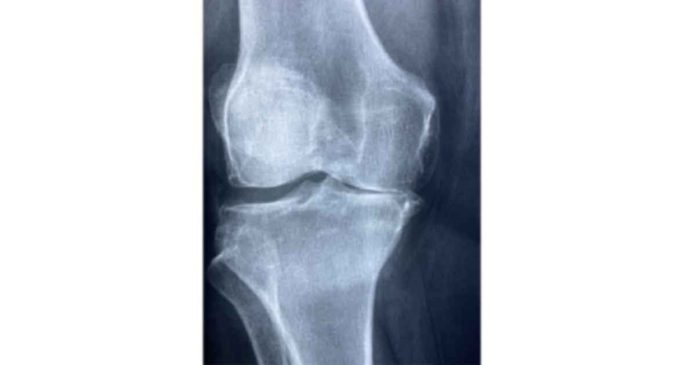Arthritis is one of the most common health issues today. If you find it hard to move your hands or shoulders or knees and they get sore or swollen – it indicates that you may have arthritis.
Inflammation of the tissue lining in your joints results to arthritis. The common symptoms are pain, redness, heat, and swelling.
Arthritis occurs in various types. In certain diseases that cause arthritis, other body parts including skin, eyes, and the chest may get affected.
It is a common belief that arthritis will affect your daily activities and may make your life difficult. Though arthritis is painful, there are many ways to cope up with it.
If you or your loved ones suffer from arthritis, this article is for you!
Keep reading!
In this article:
What are the types of arthritis?
Do I have arthritis?
What can I do?
How will the doctor help?
How should I use arthritis medicine?
What if I still hurt?
What are the types of arthritis?
There are many kinds of arthritis that exist. The common types of artritis are osteoarthritis and rheumatoid arthritis
Osteoarthritis is caused by aging and generally affects the knees, hips, and fingers. In some cases, osteoarthritis occurs after an injury to a joint.
If a young man gets knee injury while playing football or after an accident, his knee may get healed. But over the years, he might get arthritis in the affected knee.
The other type, rheumatoid arthritis, occurs when your body’s own defense system doesn’t function normally.
Hands and feet are often affected, and sometimes internal organs may also get affected by rheumatoid arthritis. You may feel fatigue or have fever.
The other common type of arthritis that affects most people is gout. Crystals build up in your joints and may result in gout. It affects primarily the big toe, yet other joints can also get affected.
Arthritis occurs with other different health conditions that are listed below:
¦ Lupus, a condition in which your body’s defense system can affect the joints, the skin, the heart, the kidneys, and other parts.
¦ A certain type of infection that affects a joint and harms the cushion between the bones.
Do I have arthritis?
If you feel pain, it is a sign that something is not right with your body. Almost all kinds of arthritis cause pain in your joints.
You may have difficulty in moving due to pain in the joints. Other signs of arthritis include the following:
Having fever
Unexpected weight loss
Difficulty breathing
Getting rashes or itching
You have to remember that these symptoms may also indicate other diseases.
What can I do?
If you think you have arthritis then visiting your doctor is recommended. You might be using over-the-counter medicines or herbs to alleviate the pain. If you use any of these, it is important to tell that information to your doctor.
You have to tell where exactly you have pain and when you feel it, like whether you are walking or moving, etc.
Diagnosis will need X-rays and sometimes blood tests to identify the type of arthritis you are suffering from.
How will the doctor help?
Your doctor will carefully examine your X-rays and will diagnose the type of arthritis you might have. He or she will explain to you about the treatment and the lifestyle modifications you need to have, if any.
You will be given medications to alleviate pain, inflammation, and stiffness in the affected joints.
How should I use arthritis medicine?
You should carefully listen to your doctor about the instructions on using your medicines. Some medicines should not be taken before meals while some may require a glass of milk.
If you don’t follow instructions correctly, it may upset your stomach or result in any other illnesses.
Your doctor may prescribe topical ointments for comforting pain. In some cases, those creams may harm your skin and make the condition worse. Immediately contact your doctor if you have these conditions.
What if I still hurt?
Medicine may not be sufficient sometimes. If you feel pain even after taking your prescribed medicines, you can try the following:
Taking a warm shower
Performing stretching exercises gently
Applying an ice pack on the sore joints
Making the sore area rest for a while
If you still feel pain after trying these methods, consult your doctor. He or she may prescribe a different set of medications.
In some cases, patients feel better after undergoing a joint replacement surgery for their artritis.
These can also make you feel better:
Try maintaining a healthy weight. Overweight may hurt your hips and knees.
Gentle exercises are recommended to move all parts of your body. Go for slow walks every day to promote your joints’ health
Don’t skip or avoid medications. They can reduce pain and inflammation
Try taking a warm shower Consult your doctor regularly




















